Science Fair, On the Clock
Honors research students take months to develop their projects.
The Honors Research students In a group photo holding up their science fair awards. Almost all of them won 1st, 2nd, and 3rd Place awards for their projects. Features(Left to right, bottom top)– Junior Mikey Swart(1st Place), Junior Maeli Rush(1st Place and Best of Fair), Senior Adison Derbas(2nd Place), Junior Nadia Shovkovy(2nd Place), Junior Claire Schwartz(3rd Place), Junior Alex Jaber(1st Place), Sophomore Hayden Barbosa(Honorable Mention), Junior Maddox Turner(3rd Place), Senior Jake Catania(3rd Place)
When talking about the science fair, many students will think back to elementary school since in many instances schools required it. Although most students disliked the project for taking so much time and effort, others loved the chance to conduct their research and experiments. The honor science research class aims to achieve this by having the whole class create their own science fair projects throughout the year.
For the science fair, students research and brainstorm on what they could experiment on, conduct complex tests to analyze, and then compile the data and summarize it to fit on a 12-slide slideshow. But this is easier said than done as it can take months to finally settle on a subject. Senior Jake Catania said, ”It took a lot of time to figure out what experiments we wanted to do so most of the time spent experimenting was between second quarter and third quarter.” Junior Nadia Shovkovy had a similar experience picking her topic. “I was really indecisive with the project…I think I took like two months to pick a project I was passionate about,” said Shovkovy. Though this is a large amount of time, it is important when researching topics as complicated as these students. The honors science research students wasted no time as they all won the 1st, 2nd, 3rd Places along with one Honorable Mention for their projects.
Although the testing period was significantly shorter than the research period, it is no piece of cake either. Students must stay on top of their experiments keeping them in a controlled environment while conducting. This can take from a day to weeks depending on the experiment. When conducting, students must account for human error and minimize the risk of it. To prevent human error in her own project Shovkovy said, “I had to google every single thing, every time I got a syntax error I had to google that, every time I got a logic error I had to google that.” She used online coding resources to make sure her project could run error-free. After finding errors there are a few ways to deal with them. Catania said, ”We share our results with our classmates and with our teacher Mrs. Hutchinson, and we just re-evaluate it. We bounce ideas off each other, we do research on our own end, we try altering certain procedures, but most of it comes from just interacting with your classmates and teachers.”
Writer Angie Thomas says, “Sometimes you can do everything right and things will still go wrong.” In the science fair, this is a common result since human error is in everything and even when minimized it can still impact the experiment. It is even more amplified in the science fair as students do not have the same materials, resources, or time as full-fledged researchers and scientists. This is perfectly okay though, their hypothesis does not need to be correct to win awards. The science fair is about the process of isolating an outcome. Catania experienced a surprising result when he combined disinfectants with spar urethane and crazy glue. “Rather than disinfecting it like the control would,” he said, “it appeared as if it didn’t necessarily disinfect the cultures where as I guess the adhesive property and the rough surface of the codings caused it to almost rip it off the agar plates that I was growing the bacteria on.” Although more about the process than the actual result itself, being correct can indicate to judges how meticulous, careful, and precise a student was when conducting their experiment and also how thorough their research was. Junior Claire Schwartz’s hypothesis aligned perfectly with her project’s outcome. “I was really surprised it actually worked…the polyethylene glycol cell that I made really protected the algae from the poison and it was the healthiest algae alive at the end so I was really happy that it worked because my hypothesis was that the polyethylene glycol would do the best,” shared Schwartz.
The science fair is not just for sixth graders. When done seriously and professionally, it provides experience that core classes may not teach. The science fair gives students experience with researching topics in-depth, properly conducting effective experiments warranting a specific outcome, and compiling data into a digestible format.
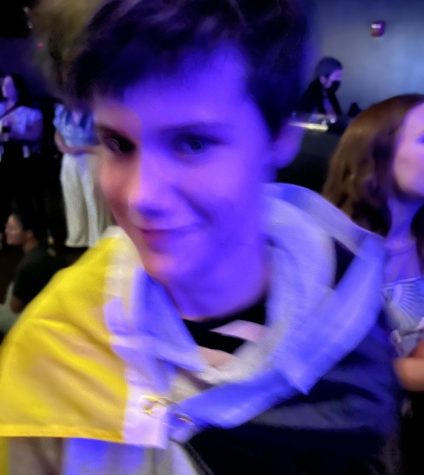
Henry is a Senior at Perry high school. This is their first year on Precedent staff. Henry likes video games, robotics, coding, fire starting, playing...

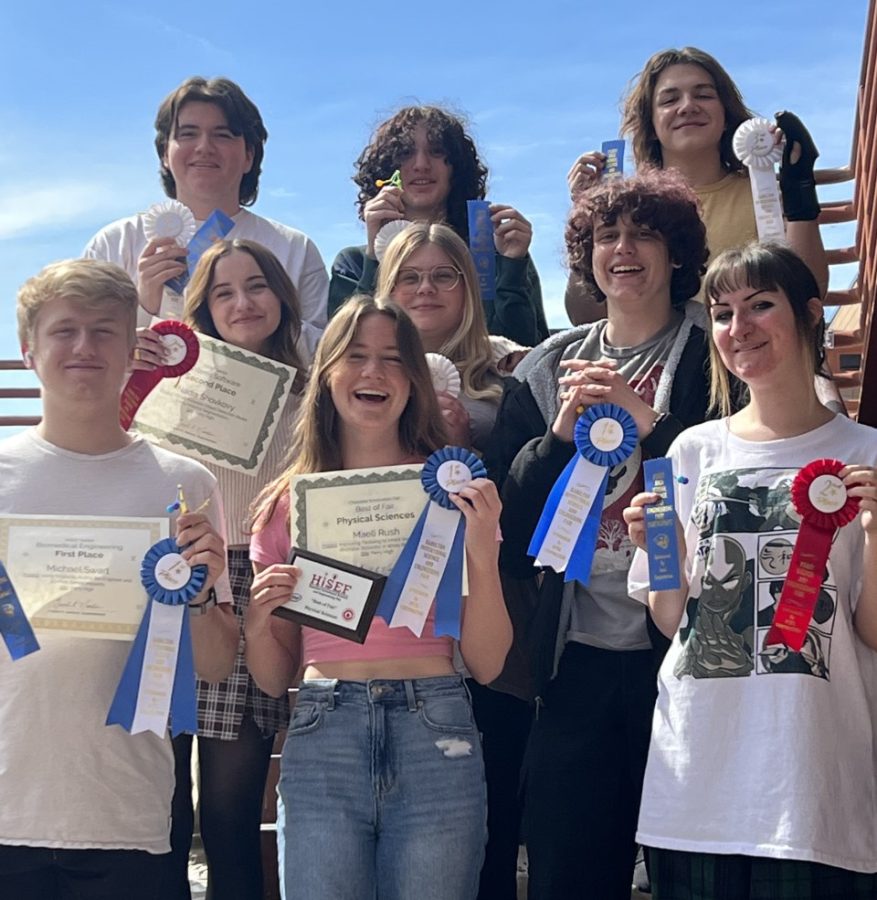

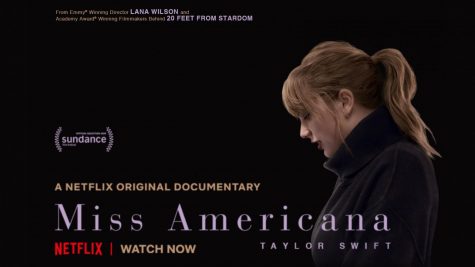
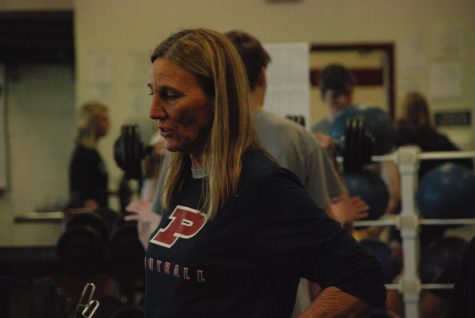
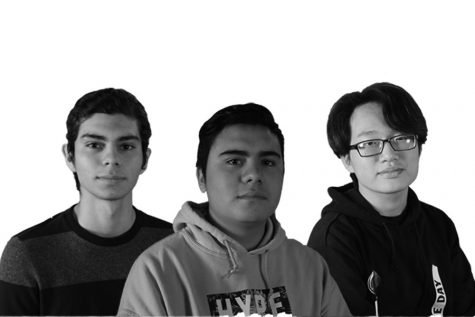
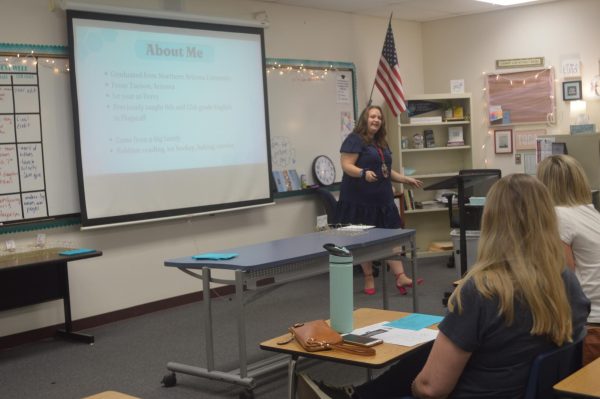
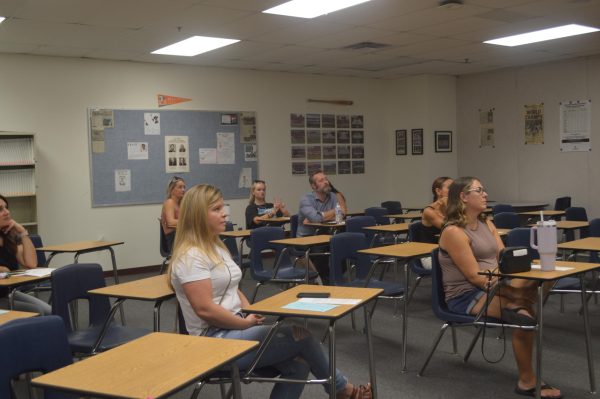

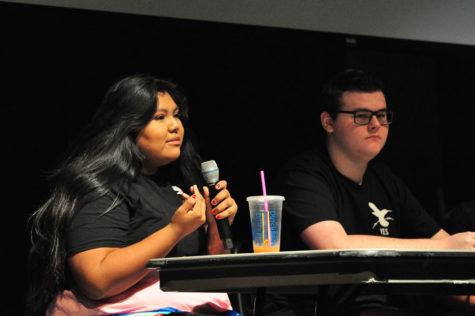
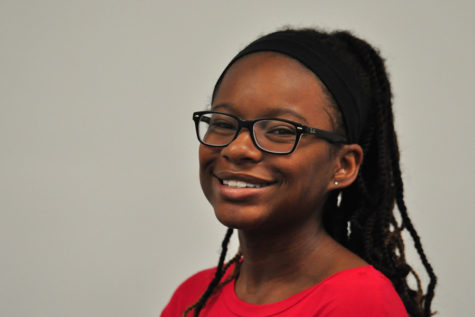
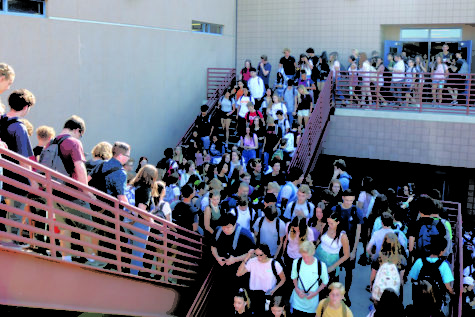
Mark Jaber • Mar 10, 2023 at 1:58 PM
look its me!!